Michaela Coel Speaks On Being Racially Profiled & ‘Dirty Looks’ She Receives Because She’s A Black Woman
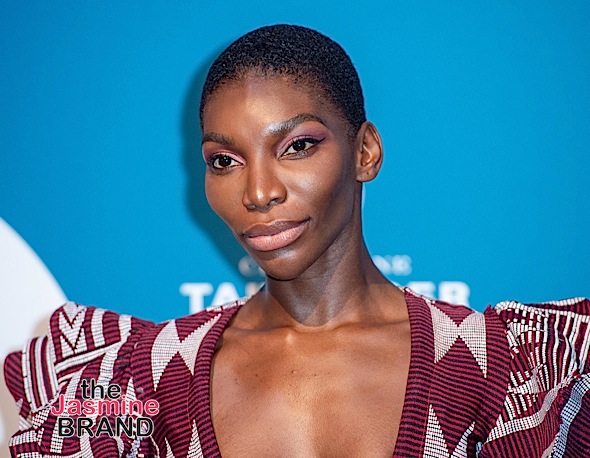
Michaela Coel
Michaela Coel Speaks On Being Racially Profiled & ‘Dirty Looks’ She Receives Because She’s A Black Woman
Actress Michaela Coel is sharing her truth on what it’s like being racially profiled and treated differently because she’s a black woman. Michaela Coel, 33, has become a fan favorite for many people over the years. The British actress is best known for creating and starring in the E4 comedy sitcom Chewing Gum.
However, she has done a lot more within her career and was nominated for an Emmy Award for her work in the HBO series I May Destroy You. This past July it was announced that Michaela Coel was cast in the Black Panther sequel, which is scheduled to be released in July 2022.
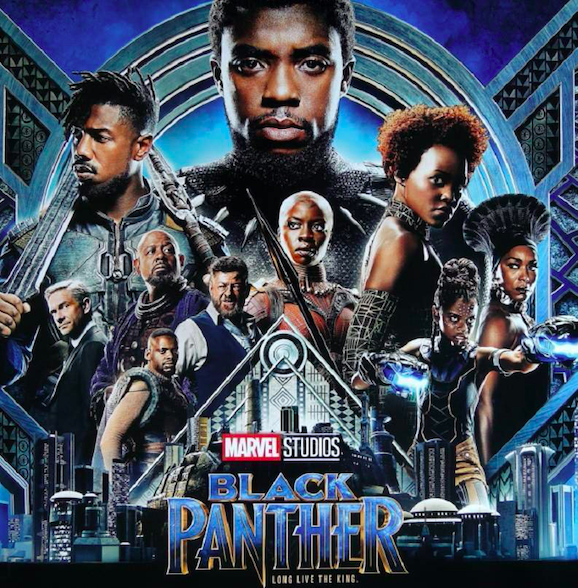
During a recent interview, Coel revealed that despite her fame she still has to deal with the harsh reality of what it can be like living in society as a black woman. She said,
“I am a Black woman and that will always be true. And, for me, there is nothing like going to a different country where nobody knows me and experiencing the way security guards follow me around the pharmacy or the grocery shop. The dirty looks I receive, the fact that cars don’t want to stop on a zebra crossing. All these things reinstall that I am a Black woman. As long as these issues are still happening, I am happy to speak, because I could be deluded and forget that that’s a part of me. I’m really lucky that there are places where I’m not known and so it allows me to still experience it.”
Coel also spoke on how being black has affected her experience in Hollywood.
“To ask someone like me to give [the MacTaggart], there is a different version where I can ask the industry what it wants to hear. Perhaps they’ll say, ‘You can talk about these statistics about women in TV, Black people in TV and diversity. We could give you stats about streaming services and whatever it is.’ But that wouldn’t be me giving a speech. So I wrote, as I often do, from some sort of instinct, and my first draft of it feels like a time I was still piecing things together, still not quite understanding the gravity of both my experiences in television and my assault. And as I redrafted and redrafted, things became clearer to me about my situation and the vulnerability of the whole thing.”
She added,
“Just all of the experiences in TV, the racism. All the things that seem, when you don’t put them together, you can almost avoid. And then when you piece them together, it presents itself as a worrying and unjust picture within the context of obviously having incredible opportunities. And should it be like that? Does it have to be like that for everybody else?”
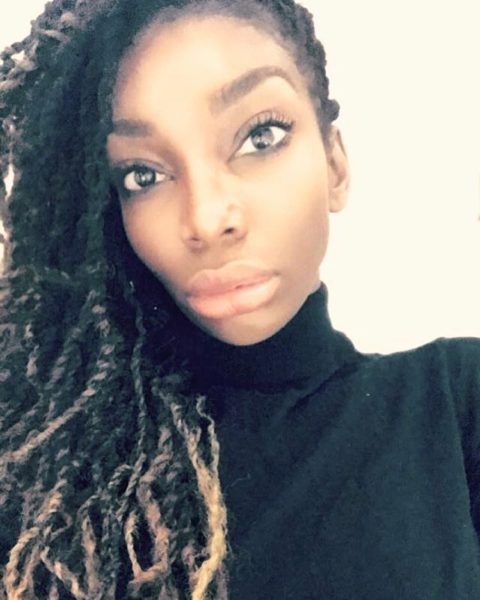
Michaela Coel
What are your thoughts on what Michaela Coel shared? Tell us in the comments.


 Previous Article
Previous Article Next Article
Next Article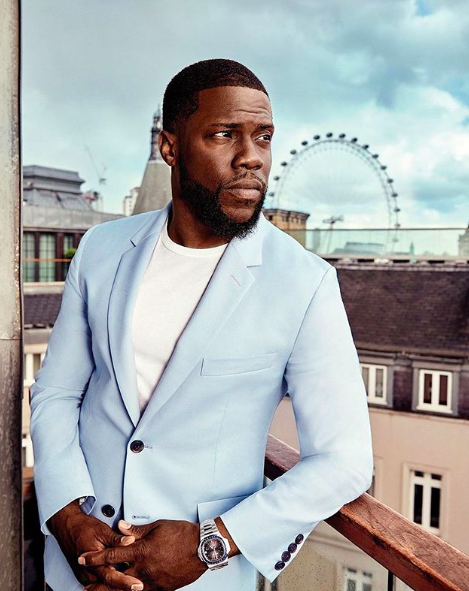 Kevin Hart Not Returning To Work Until Next Year
Kevin Hart Not Returning To Work Until Next Year 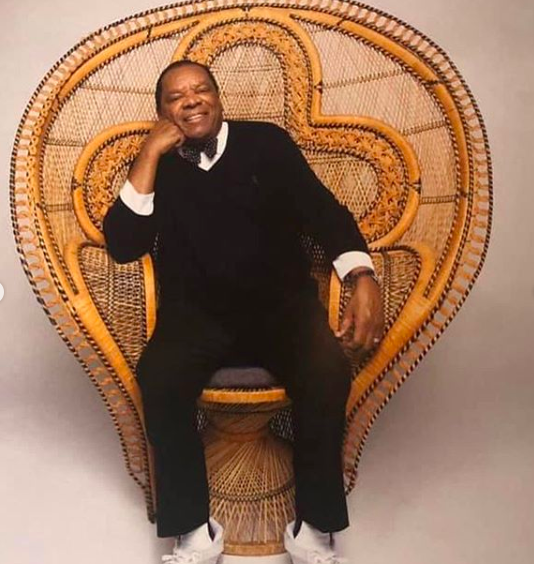 John Witherspoon’s Cause Of Death Revealed
John Witherspoon’s Cause Of Death Revealed  Lena Dunham Reacts To Criticism About White Privilege: My Whiteness Opens Doors, It’s Time To Advocate For Change For Black People
Lena Dunham Reacts To Criticism About White Privilege: My Whiteness Opens Doors, It’s Time To Advocate For Change For Black People 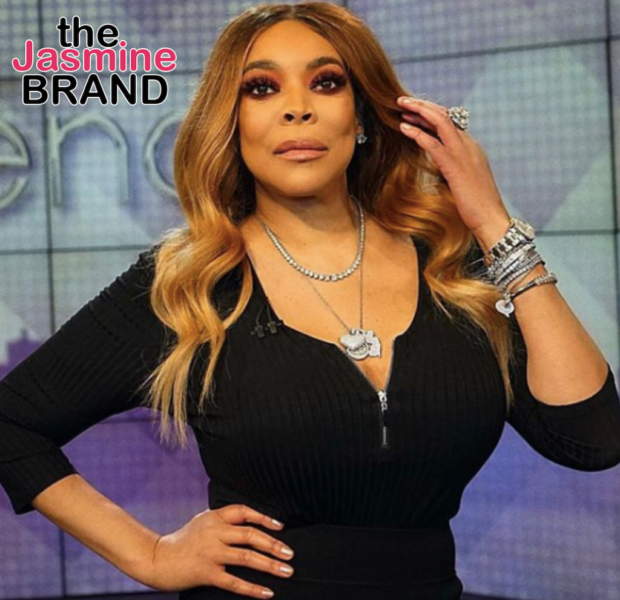 Wendy Williams ‘Became Inebriated & Stripped Naked’ On Show’s Home Set, Began To Touch Herself & Shout Vulgarity (Report)
Wendy Williams ‘Became Inebriated & Stripped Naked’ On Show’s Home Set, Began To Touch Herself & Shout Vulgarity (Report) 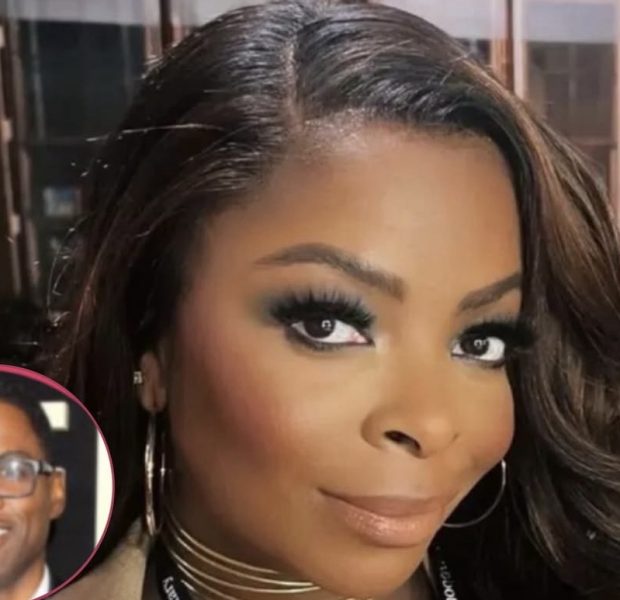 Chris Rock Noticed ‘Abbott Elementary’ Star Janelle James’ Struggling Wardrobe – Then Flew Her to L.A. for a Makeover
Chris Rock Noticed ‘Abbott Elementary’ Star Janelle James’ Struggling Wardrobe – Then Flew Her to L.A. for a Makeover 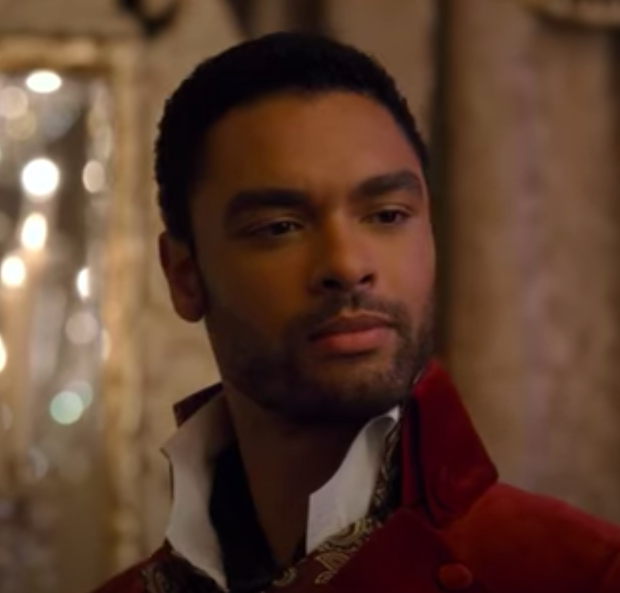 Regé-Jean Page Speaks On What It Was Like For His Family To Watch His Sex Scenes In ‘Bridgerton’: They Don’t Want To Be Overwhelmed By My Backside
Regé-Jean Page Speaks On What It Was Like For His Family To Watch His Sex Scenes In ‘Bridgerton’: They Don’t Want To Be Overwhelmed By My Backside 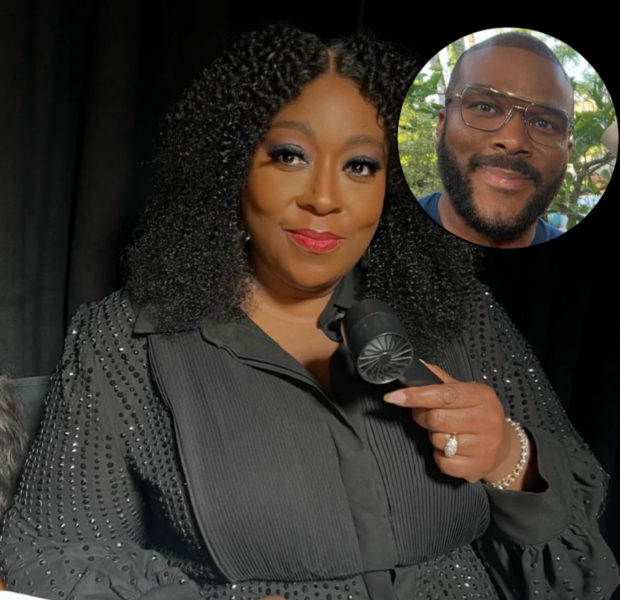 Loni Love Reacts To False Tyler Perry Story, Clarifies What She Previously Said: I won’t say anything else!
Loni Love Reacts To False Tyler Perry Story, Clarifies What She Previously Said: I won’t say anything else! 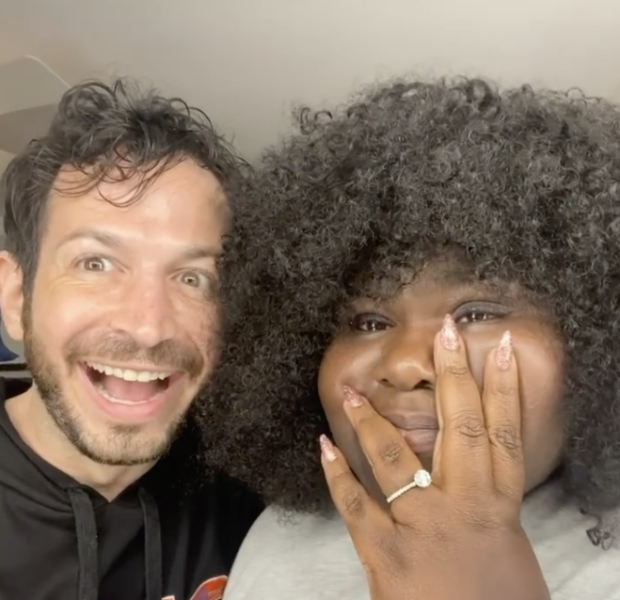 Gabourey Sidibe & Brandon Frankel Secretly Got Married Over A Year Ago: Relieved We Can Finally Tell The World!
Gabourey Sidibe & Brandon Frankel Secretly Got Married Over A Year Ago: Relieved We Can Finally Tell The World!